The sales world is growing fast, and one of the main reasons is Artificial Intelligence.
AI sales automation is now possible with omnichannel support, enabling confirmations through channels like WhatsApp, email, messages, and voicemail. This delivers better results, streamlined sales management, and stronger business growth support. Think of it not as a replacement for people, but as a way to make them better at their jobs. A report from Markets and Markets predicts that the market for AI in sales and customer support will skyrocket from $57.99 billion in 2026 to over $240 billion by 2030. This considerable growth shows that companies everywhere are seeing the value of AI in their sales strategy.
Using AI-based automation in sales is becoming standard practice. A study by McKinsey found that most companies are already using AI in at least one part of their business. It helps sales teams save time and be more productive. This time-saving allows them to focus on what matters most: connecting with customers and closing deals.
This article will explore how AI sales automation is changing the sales process. We’ll look at how it helps with everything from finding new leads to increasing sales. Look at how companies like Squadstack are finding their way through it and are best at what they offer.
What We Will Cover Below:
Here is an overview of the article for better understanding:
- How AI sales automation is improving sales by turning manual, repetitive tasks into intelligent, data-driven workflows.
- The global AI sales & marketing market is projected to grow from $57.9B in 2026 to $240B+ by 2030 (CAGR 32.9%).
- Traditional automation vs. AI-powered automation: AI uses machine learning, predictive analytics, and generative AI for smarter, more personalised sales processes.
- Key benefits and Features of AI sales Automation
- What are the top 10 AI Sales Automation Platforms?
- SquadStack: AI-powered humanoid voice agents, outcome-linked pricing, and use cases across BFSI (lending, insurance, banking) and non-BFSI (education, e-commerce, healthcare, travel).
- The future of AI sales automation

What is AI Sales Automation?
At its core, AI-based sales automation is the use of technology to handle repetitive, manual sales tasks. Traditional sales automation has long been used to streamline processes like automatically logging customer data from emails into a CRM or triggering a follow-up email after a prospect downloads a whitepaper. This type of automation is rule-based and predictable, saving time by following a predefined set of instructions.
AI sales automation is a huge step forward. Instead of just following rules, it uses technology like machine learning and predictive analytics to make its own decisions. It does tasks in a much more innovative way than usual. For example, while traditional automation might send a generic follow-up, an AI system can analyse a prospect’s browsing history, recent social media activity, and past interactions to generate a hyper-personalised email that feels like it was written just for them.
The most impressive advancements are happening with generative AI, which can create new content from scratch. This means AI can now draft personalised emails, summarise lengthy sales calls, and even generate detailed reports based on a quick prompt. This frees up sales professionals from the most tedious parts of their day, allowing them to focus on high-value activities that AI can’t replace—like building genuine relationships and navigating complex negotiations.
.webp)
How AI Sales Automation Works?
AI sales automation is a systematic process powered by data, algorithms, and machine learning. Think of it as building a brilliant brain for your sales team. This brain learns from everything it sees and hears, getting better at its job over time without needing constant human input. The entire process works in a cycle, with three main stages building on each other.
Data Collection and Preparation
The first step is feeding the AI a massive amount of information. This includes historical sales data, customer interactions, CRM records, email transcripts, and market trends. The AI processes all this raw data—cleaning, organising, and preparing it so it can be used for analysis. Without this rich, organised data, the AI wouldn’t have the foundation it needs to make accurate predictions or smart decisions.
Machine Learning Models
This is where the real "intelligence" comes in. The AI uses different types of machine learning models to analyse the data and find patterns. Predictive analytics looks at past data to forecast future outcomes, like which leads are most likely to convert. Natural Language Processing (NLP) allows the AI to understand human language in emails and call notes. Lastly, generative AI can create new content, such as a personalised email or a concise sales report, based on its analysis.
Automation and Action
Once the AI models have processed the data and made their "decision," they trigger an automated action. For instance, if the predictive model identifies a high-priority lead, the system might automatically send a personalised email to that lead and notify the sales rep. This is the final and most powerful step, where the insights gathered by the AI are put into practice to drive real results without requiring any manual intervention from the sales team.
Continuous Learning and Optimisation
Unlike traditional software, AI sales automation doesn't just run on fixed rules. It constantly learns and improves. The system gets smarter by learning from what happens in your sales activities. For example, it pays attention to which emails get a response or what sales tactics work best to close a deal. Because of this constant learning, the AI’s suggestions and automated actions get better over time, making your sales process more efficient every day.
.webp)
Benefits and Features of AI Sales Automation
AI sales automation is a method that changes the way sales teams work. By integrating AI into the sales process, businesses can automate tedious, repetitive tasks and get to know their customers and the market better. This helps sales professionals be more productive, strategic, and successful. The transformative power of AI in sales is best understood by looking at its main benefits and features.
Benefits of AI Sales Automation
AI sales automation delivers significant advantages that directly impact a company's growth. Here are some benefits listed below.
- Increased Productivity: AI handles routine tasks such as data entry, lead scoring, and scheduling emails. Due to this, your team gets free time and can focus on more complex tasks, like building customer relationships and closing deals.
- Improved Lead Qualification: By analysing large datasets, AI algorithms can accurately identify and score high-potential leads. This ensures that sales teams prioritise the most promising prospects, boosting their conversion rates.
- Personalised Customer Experiences: AI can also analyse customer behaviour and their preferences and then deliver better recommendations, content, and outreach. This personalisation enhances customer satisfaction and builds stronger loyalty.
- Enhanced Sales Forecasting: AI-powered tools provide highly accurate sales predictions by analysing historical data and market trends. This allows for better resource planning and strategic decision-making.
- Data-Driven Decision Making: AI provides valuable insights into sales performance, customer behaviour, and market trends. This empowers sales teams and leaders to make smarter, data-backed decisions and optimise their strategies.
Key Features of AI Sales Automation
The benefits of AI sales automation are made possible by a set of powerful features that redefine how sales tasks are performed.
- Automated Lead Management: AI systems can handle the entire lead lifecycle—from generating and qualifying leads to routing them to the right sales representative efficiently.
- Personalised Communication: AI-powered tools can create personalised email content and suggest relevant product information. They can even optimise the timing of outreach to ensure maximum impact.
- AI-Powered Sales Insights: AI analyses sales data and translates it into actionable insights about customer behaviour, market trends, and team performance, giving sales professionals a competitive edge.
- Chatbot Integration: AI-powered chatbots can handle customer interactions by taking common questions and answering them, and can qualify leads, allowing human sales agents to handle more complex issues.
- Automated Follow-ups: The system ensures that no lead is ever forgotten by managing follow-up reminders and communication automatically, which helps to accelerate the sales cycle.
.webp)
Top 10 AI Sales Automation Platforms For Businesses
The market for AI sales automation is huge, and it's growing all the time, with new tools appearing constantly. While many of these platforms have similar features, each one has its unique way of doing things. This list will show you ten of the top players in this area, from helpful conversational AI assistants to innovative platforms that give you deep business insights.
SquadStack
Features: SquadStack specialises in AI-powered voice automation for sales. Its platform uses AI agents to make and receive sales calls, handling a high volume of interactions. Key features include lead qualification, appointment scheduling, and automated follow-ups via phone. It also offers live coaching and provides real-time insights into call transcripts and agent performance.
USP: SquadStack’s unique selling proposition is its focus on high-volume, human-like voice conversations at a massive scale. It is particularly effective for industries that rely on a high number of outbound or inbound calls, such as real estate, lending, and education, allowing them to scale their sales operations without significantly increasing hiring.
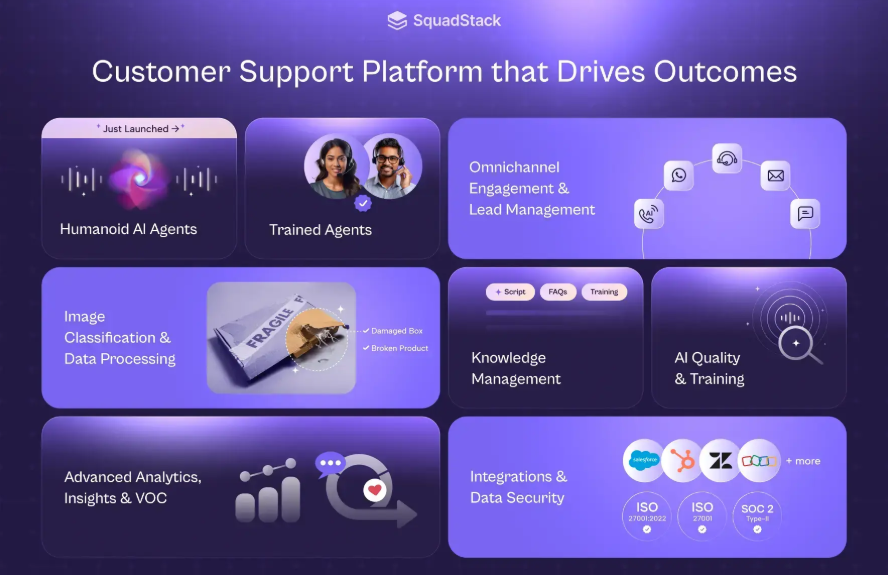
Salesforce Einstein
Features: Salesforce Einstein is an AI layer integrated directly into the Salesforce platform. It provides predictive analytics, lead scoring, and opportunity insights. Features include Einstein Lead Scoring, which predicts the likelihood of a lead converting, and Einstein Activity Capture, which automatically logs emails and events to the CRM.
USP: Its key advantage is a seamless, native integration with the world’s leading CRM. Salesforce Einstein leverages a company’s existing data to provide powerful, in-workflow recommendations and automation, making it a natural choice for any business already using Salesforce.
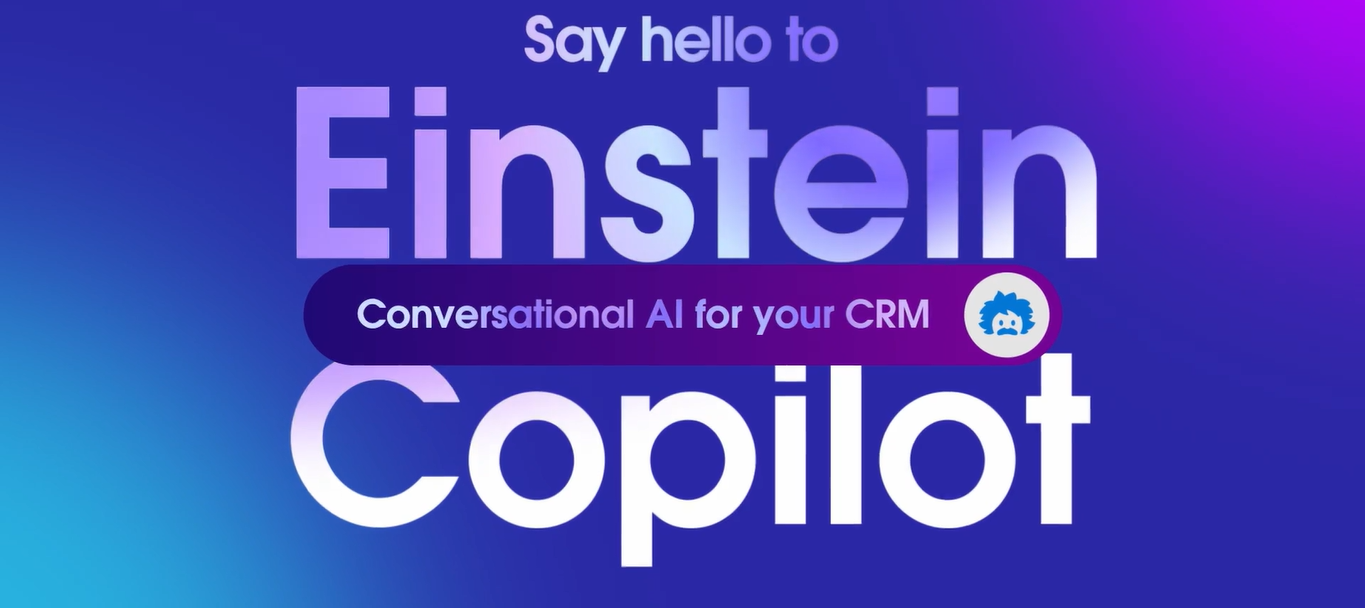
Gong.io
Features: Gong is a leading conversation intelligence platform. It uses AI to analyse customer interactions across calls, emails, and web conferences. It provides a "Reality-Based View" of the sales pipeline, identifying at-risk deals and surfacing winning talk tracks. Other features include automated note-taking, deal-health scoring, and advanced sales forecasting.
USP: Gong's strength lies in its ability to provide unparalleled visibility into what’s happening in every customer conversation. By capturing and analysing every interaction, it offers actionable, data-backed insights for sales leaders to coach their teams and for reps to improve their performance.
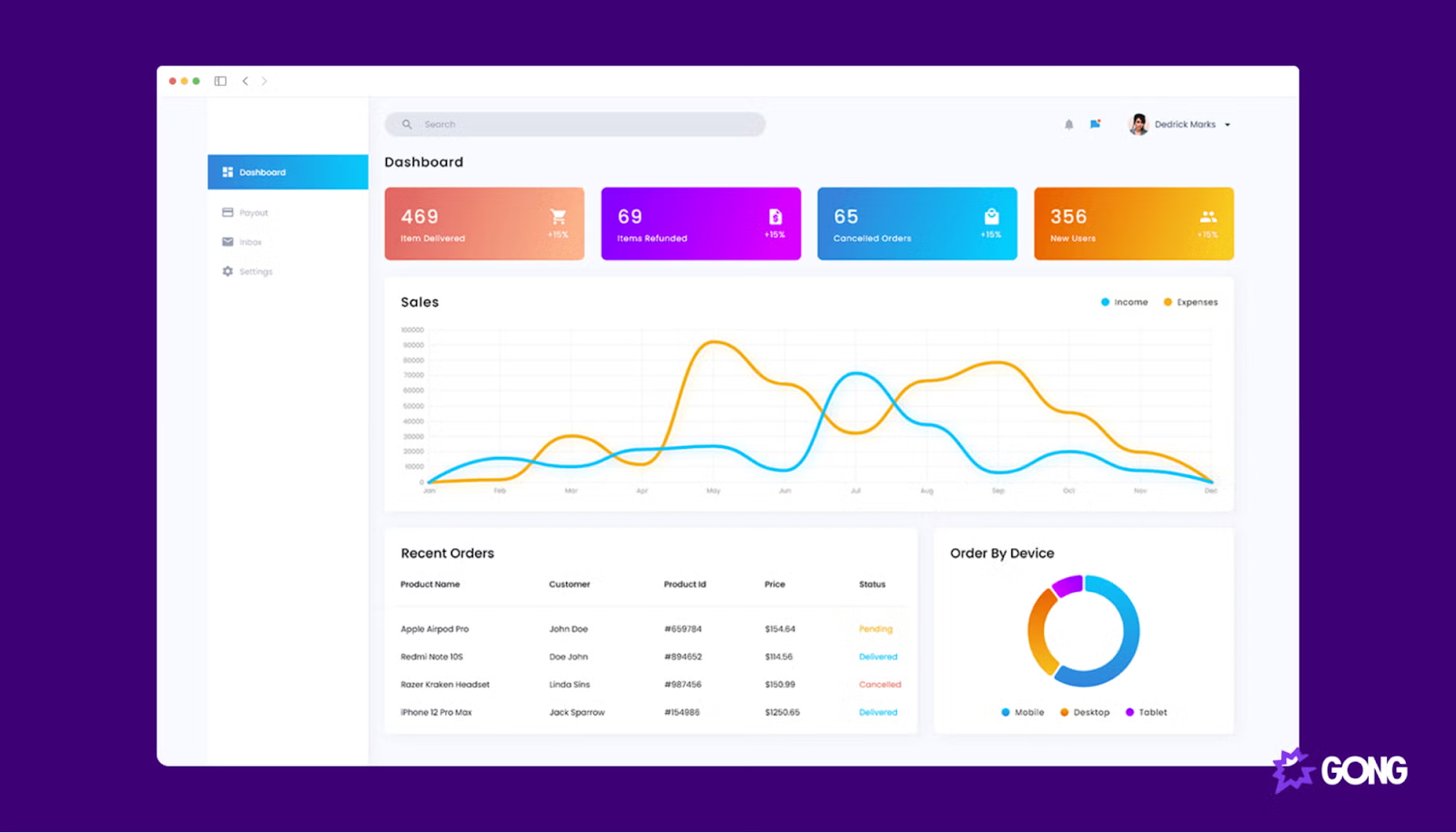
Outreach.io
Features: Outreach is a sales engagement platform with robust AI capabilities. Its features include automated multi-channel sequences, an AI assistant named Kaia that provides real-time coaching during calls, and AI-powered deal insights that suggest the best actions to keep a deal on track.
USP: Outreach’s primary focus is on automating the entire sales workflow, from prospecting to closing. It acts as a comprehensive "Sales Execution Platform" that combines engagement, conversation intelligence, and deal management into a single, cohesive system.
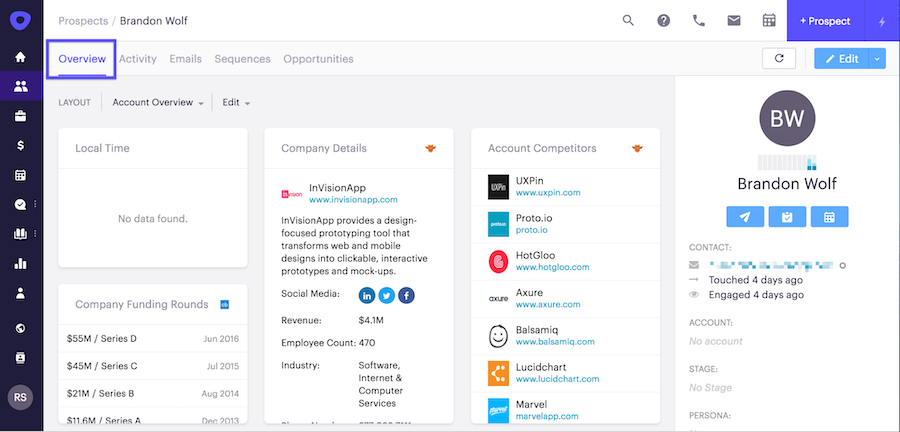
Chorus.ai
Features: Similar to Gong, Chorus.ai is a conversation intelligence platform that records, transcribes, and analyses sales conversations. It focuses on connecting conversation data directly to a company’s pipeline to provide deal-based coaching and performance insights.
USP: While similar to competitors, Chorus.ai’s main differentiator is its deep integration with ZoomInfo, allowing it to connect conversation insights with a wealth of contact and company data, providing a more complete picture of the customer and deal.
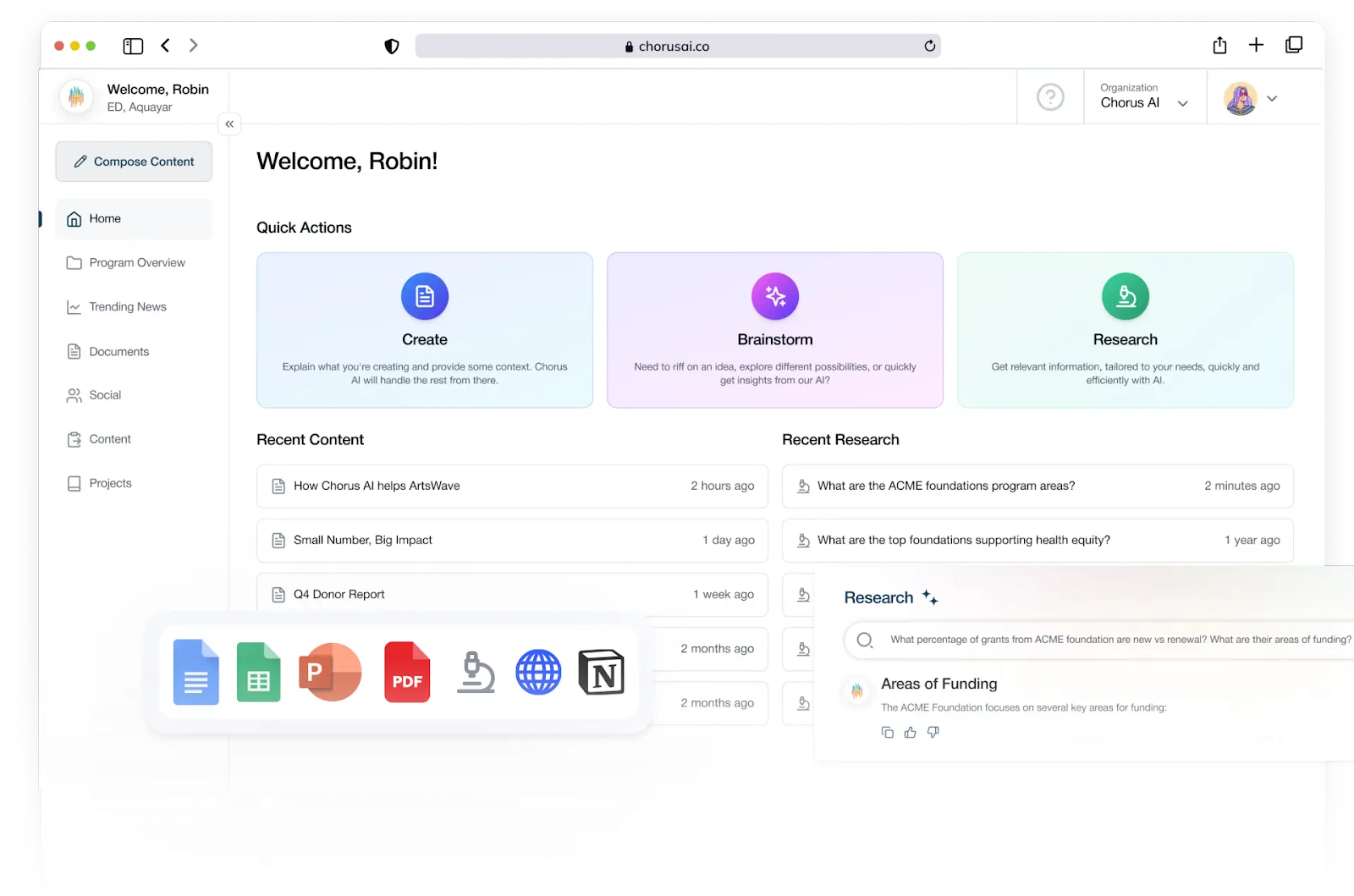
HubSpot Sales Hub
Features: HubSpot's Sales Hub includes AI-powered tools for lead management, sales automation, and forecasting. Its features range from automated email templates and sequences to predictive lead scoring and AI-guided selling workspaces that surface the most important leads and tasks.
USP: HubSpot's strength is its all-in-one platform. It seamlessly unifies sales, marketing, and customer service data, allowing for a 360-degree view of the customer journey. Its AI tools are accessible and easy to use, making it ideal for small to medium-sized businesses looking for an integrated solution.
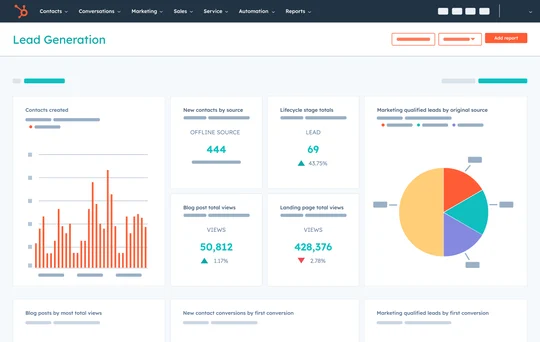
Drift
Features: Drift is a leading conversational marketing and sales platform. Its AI chatbots engage website visitors 24/7, qualify leads, and automatically schedule meetings with sales reps. It also provides conversational email features and analytics to track chatbot performance.
USP: Drift pioneered the use of conversational AI to replace traditional lead capture forms. Its core USP is its ability to turn passive website visitors into active, qualified sales conversations in real-time, drastically reducing friction in the buying process.
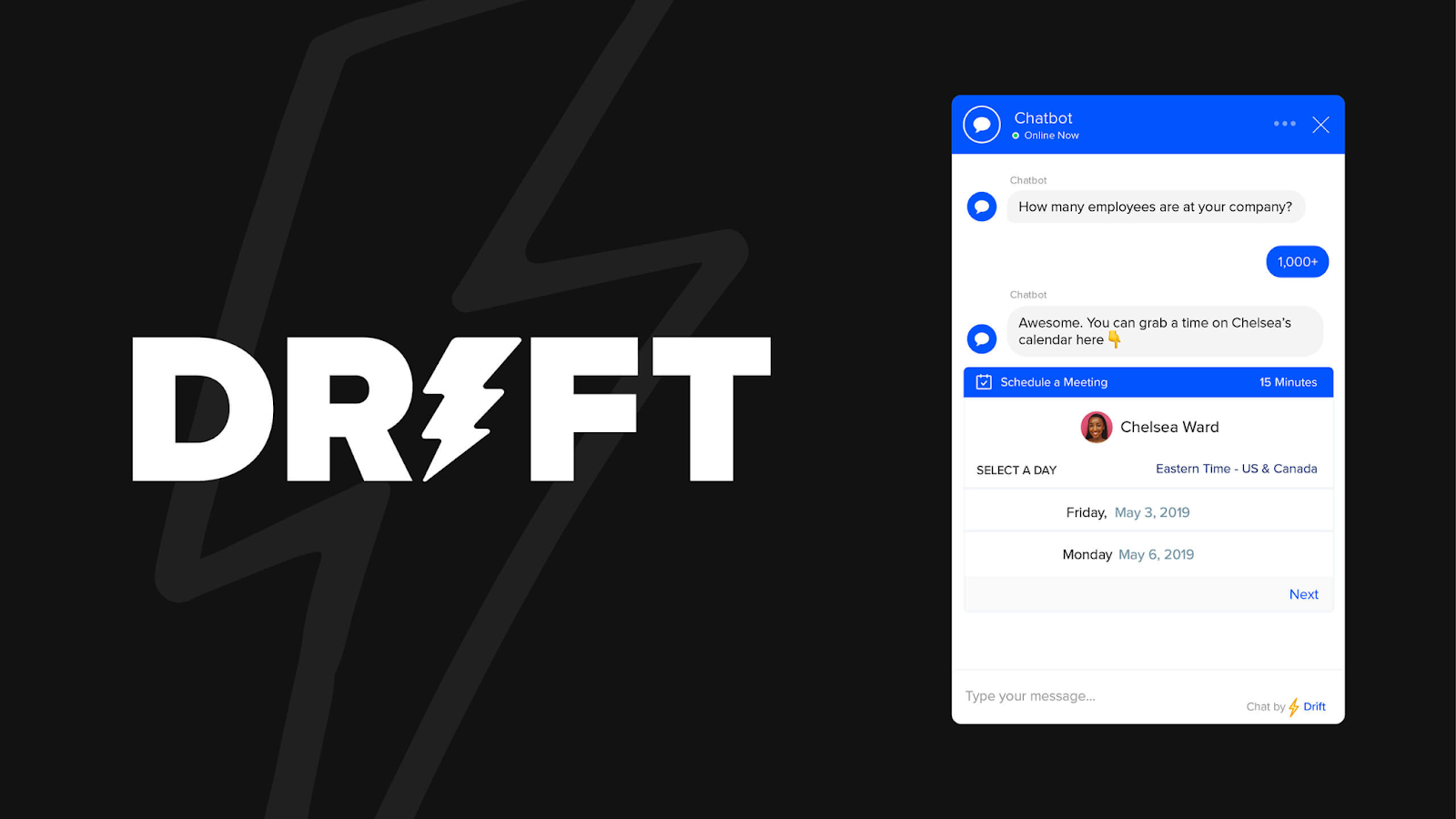
Cresta
Features: Cresta provides real-time AI guidance for sales and customer service teams. Its platform listens to conversations and offers live, in-call coaching to reps, suggesting the best things to say, answering questions, and automating administrative tasks like note-taking.
USP: Cresta's unique value is its real-time, live-agent assistance. It acts as a virtual coach that helps sales reps improve their performance during the actual conversation, rather than just offering post-call analysis.
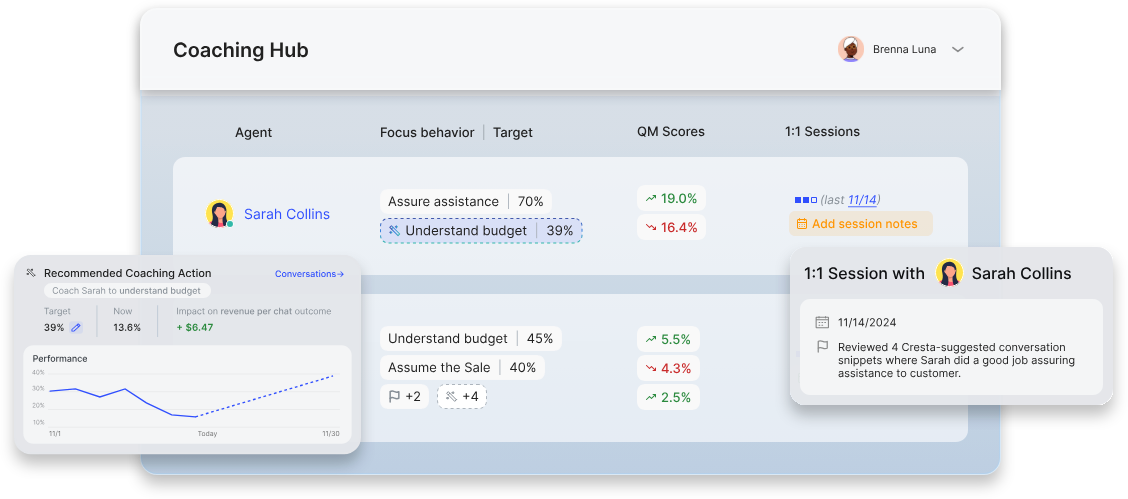
Lavender
Features: Lavender is an AI-powered email intelligence platform that helps sales reps write better emails. Its features include an AI-powered email scoring system, real-time personalisation suggestions, and analytics to track email performance and optimise outreach.
USP: Lavender’s niche is its hyper-specialised focus on email communication. It helps sales professionals write personalised, high-quality cold emails and follow-ups much faster, which directly leads to higher reply rates and more meetings booked.
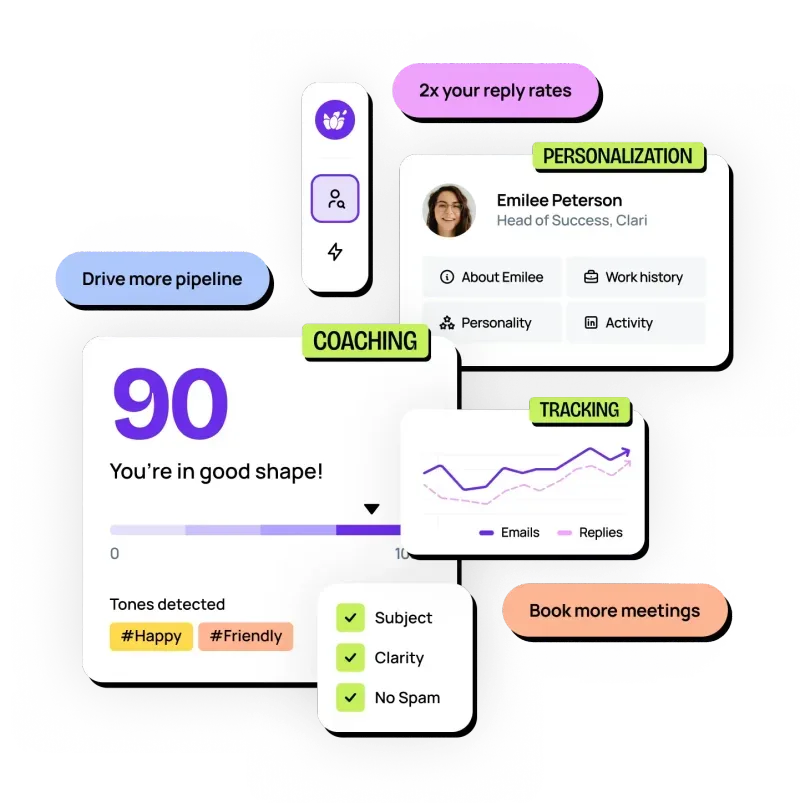
Exceed.ai
Features: Exceed.ai is a conversational AI platform designed to automate and enhance sales and marketing interactions. Its AI assistant engages leads through email, web chat, and SMS, qualifying them, answering questions, and even booking meetings autonomously.
USP: Exceed.ai’s core strength is its ability to create human-like, two-way conversations at scale. It can autonomously nurture and qualify leads, taking over the entire front end of the sales funnel and ensuring no lead is left unattended.
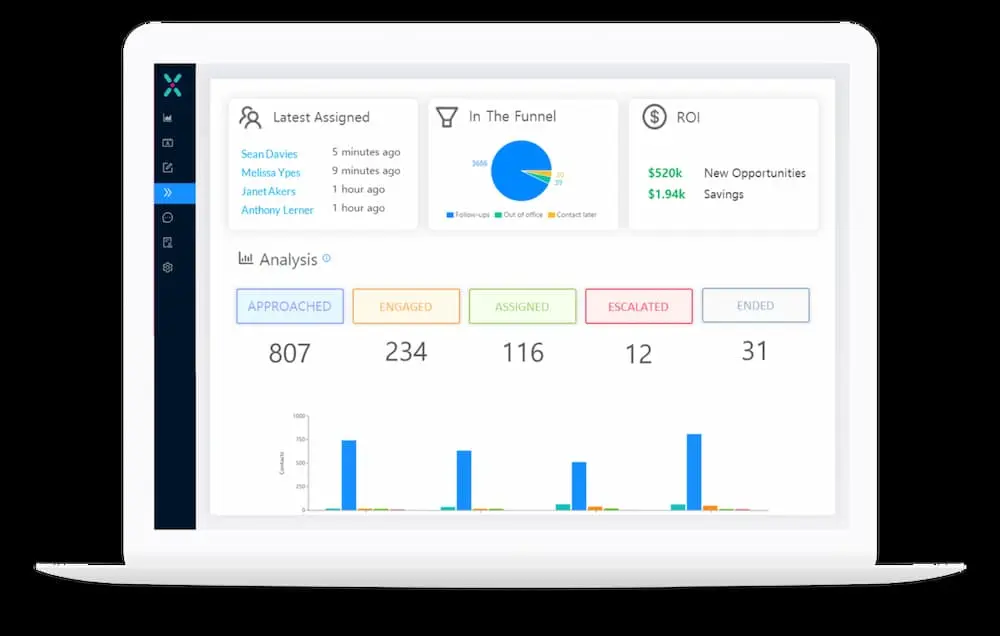
Automate your Sales with SquadStack’s AI Voice Agent Platform
SquadStack’s AI Voice Agent platform is designed to transform the sales and customer lifecycle by using AI and human collaboration to eliminate revenue leakage. It rebuilds the contact centre for the AI era, going beyond simple automation to deliver hyper-personalised customer journeys. The platform is not just a collection of siloed tools; it’s a complete sales stack that converts leads into outcomes.
The core of the platform is a sophisticated engine that prioritises leads instantly using custom algorithms and live conversion data. The AI-Lead Manager acts as both a lead prioritisation tool and a connectivity engine, connecting with leads through the right channel at the right time. It uses a "Humanoid AI Agent" that is trained on real calls and built specifically for the Indian market. This agent has a natural, human-like voice and is capable of handling complex conversations, including language switching and interruption handling.
The platform also seamlessly integrates with a business’s existing tech stack, including CRMs, dialers, and data systems. This prevents the fragmented customer experience that comes from using tools that don’t talk to each other. By automating tasks like lead qualification and follow-ups, SquadStack ensures that a high percentage of leads, around 70% don’t drop off after the first contact.
Why Choose SquadStack AI-Based Sales Automation Tool
Choosing SquadStack's AI-based tool over traditional methods and even other AI agents offers distinct advantages in performance, adaptability, and cost. It’s a platform built for enterprises that is "outcome-obsessed" and designed to eliminate revenue leakage.
Top Benefits of SquadStack as Your AI Sales Automation Platform
SquadStack’s platform is built to deliver tangible outcomes and consistent performance, moving beyond just simple automation.
- Fixed Base + Performance-Linked Pricing: Unlike traditional BPOs that charge a fixed cost per seat, SquadStack offers a pricing model where a significant portion is tied to performance. This aligns the platform’s success directly with your business goals, ensuring a focus on conversion and ROI.
- High Connectivity and Conversion: The platform’s AI-led prioritisation and retry system can achieve around 90% connectivity with leads. This approach helps prevent a high percentage of leads (70%) from dropping off after the first contact, which is a significant source of revenue leakage. The platform has driven over 40% more conversions for its clients.
- Superior Quality and Compliance: SquadStack ensures high quality by sampling 12% of calls across 23 parameters using a combination of humans and AI. This is significantly higher than the industry norm for traditional BPOs, which only sample 1-2% of calls. Additionally, the platform is built for enterprise-grade security, with ISO 27001 and SOC 2 Type II certifications and data residency in India.
- Fast and Scalable: The platform is designed for rapid hiring and operations, with a tech-driven hiring process that speeds up agent ramp-up. This enables companies to scale up quickly or down based on business needs and seasonal flows, without the long hiring and ramp-down times of brick-and-mortar companies.
Key Features of SquadStack
The benefits of the platform are a direct result of its robust, unique feature set.
- Humanoid AI Agent: SquadStack's AI Agent is a standout feature, trained on over 600 million minutes of real sales calls and built specifically for India. It offers a human-like voice, background ambience for realism, and can even switch languages mid-call.
- Omnichannel Outreach: The platform coordinates and sequences outreach across multiple channels, including voice, WhatsApp, SMS, and email. This ensures leads are connected through the right channel at the right time, with cross-channel context awareness.
- AI-Led Prioritisation and Optimisation: The AI Lead Manager prioritises leads instantly using custom algorithms and live conversion data. This includes real-time reprioritisation based on factors like engagement, buying intent, and frequency.
- Integrated Tech Stack: SquadStack’s platform is designed to seamlessly integrate with your existing CRMs (like Salesforce, Zoho), dialers, and data systems. This full-stack approach eliminates the disjointed experience caused by using siloed tools.
- Continuous Improvement Loop: The platform features a feedback loop powered by AI and human supervisors. It conducts quality audits across 23 parameters, provides personalised feedback, and uses A/B testing on messaging and cadence to optimise performance constantly.
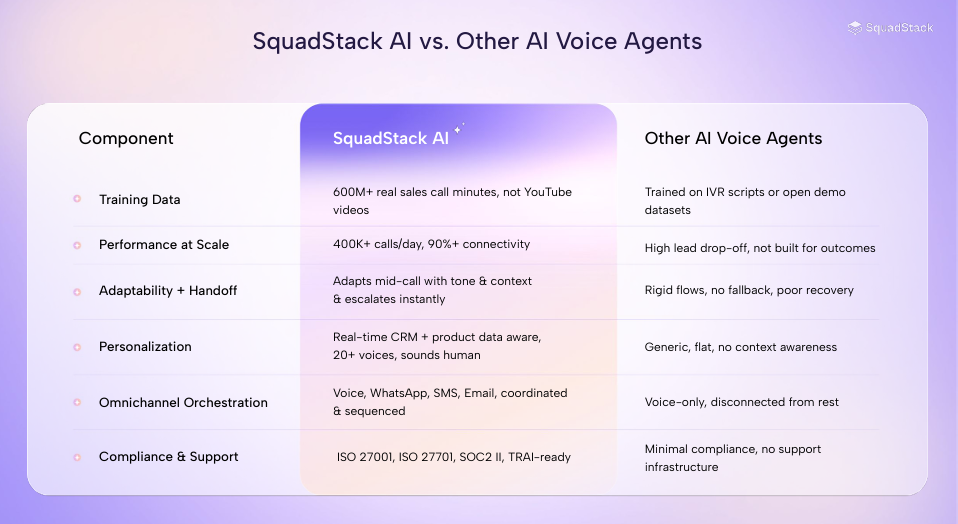
How SquadStack Supports AI Sales Automation: Use Cases Across BFSI and Non-BFSI
SquadStack’s platform is versatile and solves use cases across the entire customer lifecycle for a wide range of industries, particularly in the BFSI (Banking, Financial Services & Insurance) and non-BFSI sectors.
BFSI Use Cases:
- Brokerage: SquadStack helps with Demat account opening, account activation, and account reactivation.
- Lending: The platform is used for personal and business loan sales, cross-selling, and early-bucket collections.
- Insurance: It aids in general and term life insurance sales, as well as managing renewals and persistency calls.
- Banking: Use cases include CASA (Current Account Savings Account) opening, credit card sales, and activation.
Non-BFSI Use Cases:
- Education: The platform is used for lead qualification, course sales, event reminders, and feedback calls. For instance, Amity University scaled admissions by achieving 2x conversions and a 70% connectivity rate.
- E-commerce & Logistics: It helps with abandoned cart recovery, seller onboarding, non-delivery returns, and workforce hiring. Delhivery, for example, reduced its rider hiring turnaround time by 95%.
- Healthcare: Use cases include appointment booking, abandoned cart recovery, and healthcare package sales. Medfin saw a 25% increase in bookings with SquadStack’s secure outreach.
- Consumer Electronics & Travel: It assists with AMC (Annual Maintenance Contract) sales, product sales, feedback calls, and travel package sales. Eureka Forbes, for instance, grew its AMC conversions by 30%.
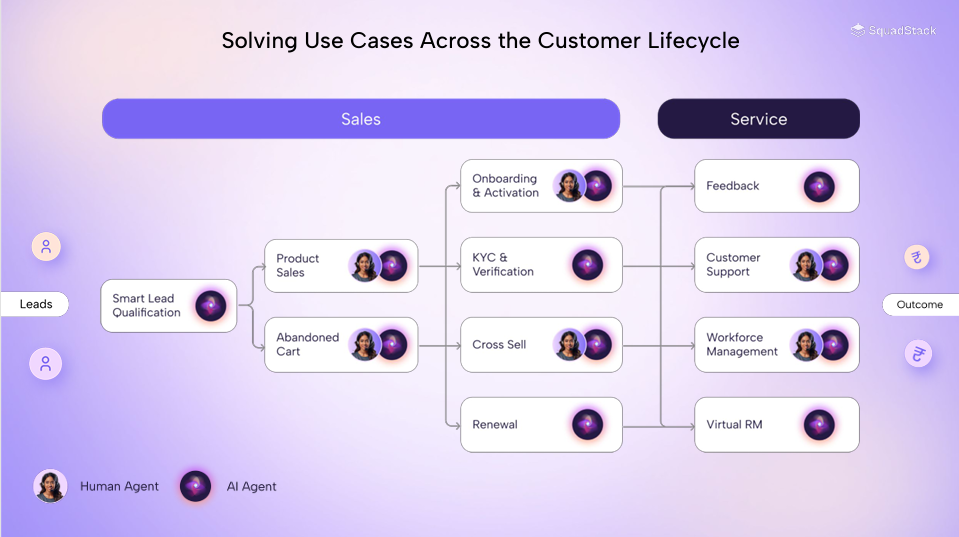
Conclusion: The Future of AI Sales Automation
AI in sales is still at an early stage, with much bigger changes ahead. What we’ve seen so far is only the beginning. As platforms like SquadStack advance, AI will become more innovative, easier to use, and deeply integrated into every step of the sales process. This is not just a slight improvement; it’s a significant shift in how businesses engage with customers and grow revenue.
The future of AI in sales automation is set for explosive growth. A report by Markets and Markets predicts the global AI market for sales and marketing will hit $240.58 billion by 2030, with a remarkable CAGR of 32.9%. This shows that AI tools will soon be essential for staying competitive, driving hyper-personalisation, automating sales processes, and enabling real-time decision-making at scale. Companies that adopt this shift early will gain a strong advantage and set new standards for customer engagement.

Commonly Asked Questions Regarding AI Sales Automation Platform
How can AI be used for sales?
AI can be used in sales to make the entire process more innovative and more efficient. It helps automate repetitive tasks like finding and qualifying new leads, sending follow-up emails, and updating customer information in a CRM. This frees up sales teams to focus on what matters most: talking to customers and closing deals. AI can also analyse data to predict which leads are most likely to buy and even suggest the best things to say during a sales call, making every interaction more effective.
How can AI be used for automation?
AI is used for automation by making tools intelligent enough to perform tasks on their own, without needing fixed rules. Unlike older automation that just followed a set checklist, AI uses machine learning to learn from data and adapt. This means it can handle complex jobs like personalising a message for each customer or deciding the best time to send a follow-up email. It's about letting a system handle the heavy lifting while making smart decisions along the way.
Which AI tool is best for sales?
The "best" AI tool for sales depends on a business’s specific needs. For example, if a company needs to automate a high volume of phone calls, a platform like SquadStack might be best because it specialises in AI-powered voice conversations and lead qualification. If a sales team needs deep insights from every customer call, a tool like Gong.io or Chorus.ai would be a strong choice. For those already using a major CRM, a native tool like Salesforce Einstein or HubSpot Sales Hub would be ideal for seamless integration.
What is the future of AI sales?
The future of AI in sales looks very promising, with exponential growth expected in the market. The next phase will see AI becoming even more intuitive and integrated, enabling hyper-personalisation, autonomous sales workflows, and real-time decision-making. AI agents, like the one from SquadStack, will handle more complex conversations and even switch languages to build trust and close more deals. The future is about AI and humans working together to redefine customer engagement and drive significant growth.





.webp)
%20(1).webp)

